Seeds Of Life Found On Asteroid In Space
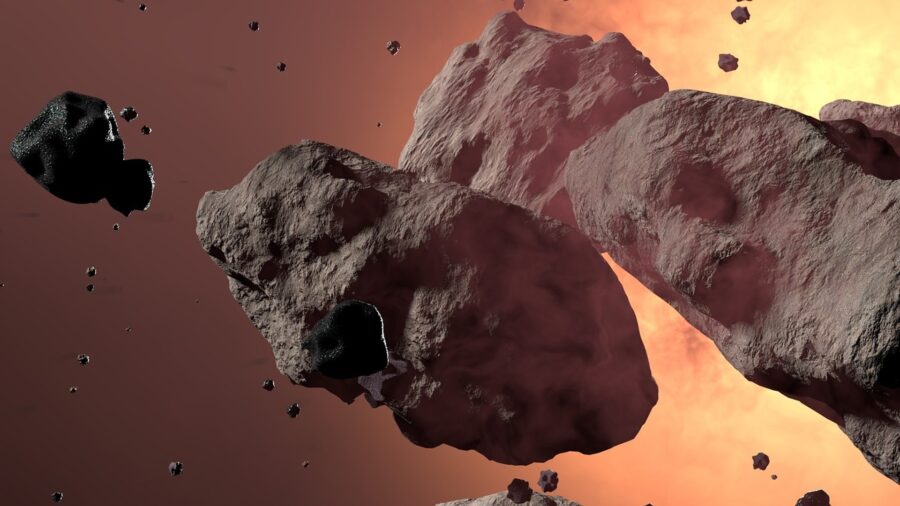
Researchers have found “cometary organic matter” in samples from a near-Earth asteroid called Ryugu. The celestial body was visited by Japan’s Hayabusa 2 mission in 2018, which returned samples to Earth in December 2020. The new findings hint at the possibility that life on Earth might have been influenced by ancient asteroid impacts.
Ryugu Could Have Been Earth’s Stork

The teams diligently studying the Ryugu samples believe that asteroid surfaces likely contain organic molecules. Assistant Professor at Tohoku University Graduate School of Science and coauthor of the study Megumi Matsumoto shared insights from the research published in the Journal Science Advances in January.
“We propose that the carbonaceous materials formed from cometary organic matter via the evaporation of volatiles, such as nitrogen and oxygen, during the impact-induced heating,” Matsumoto explained. “This suggests that cometary matter was transported to the near-Earth region from the outer solar system. This organic matter might be the small seeds of life once delivered from space to Earth.”
The Findings

One key aspect of the asteroid discovery is the five to 20-micrometer-wide “melt splashes” on Ryugu’s surface. They result from the fusion of surface materials and cometary dust, triggered by the heating and rapid cooling caused by impacts. The empty spaces within these splashes are associated with water vapor released from Ryugu’s hydrous silicates, later trapped within the molten formations.
Additionally, the asteroid analysis uncovered minute carbonaceous substances within the melt splashes, featuring numerous nano-pores and inclusions of iron sulfide. These carbonaceous materials exhibit a texture resembling primitive organic matter found in cometary dust, yet they lack nitrogen and oxygen, indicating a chemical distinction from typical organic matter.
NASA Seems To Agree
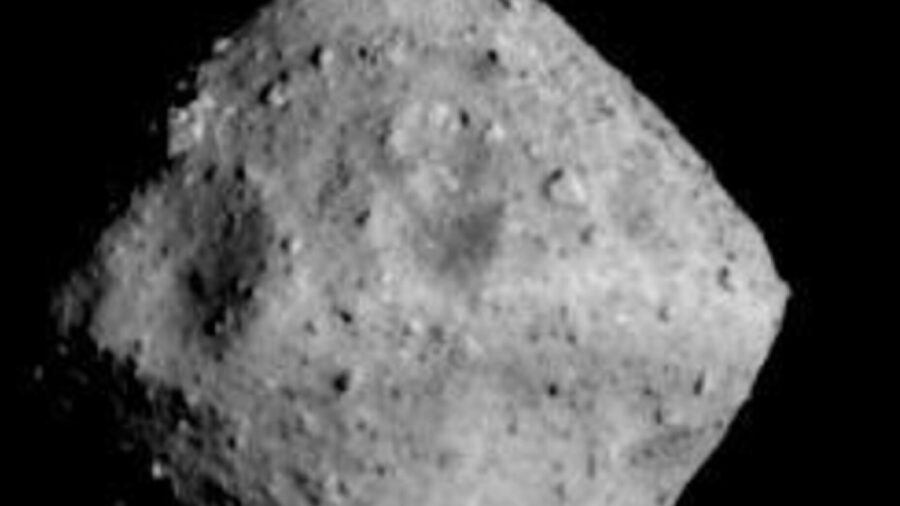
The significance of these asteroid findings echo recent research at NASA, where scientists are analyzing samples collected from the asteroid Bennu by the OSIRIS-REx spacecraft. In October 2023, NASA said it had discovered the “building blocks of life on Earth” in preliminary samples obtained outside the spacecraft’s sample collection instrument.
This Is Still An Unproven Theory
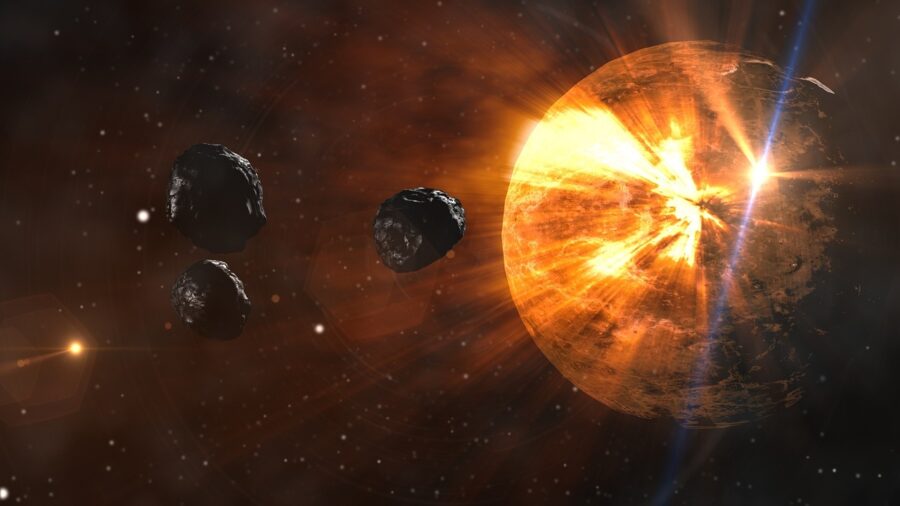
The parallel findings from Ryugu and Bennu reinforce the notion that asteroids might indeed harbor the seeds of life. However, researchers are quick to emphasize that there is still a long way to go to prove this theory. Exploring the conditions, timing, and locations pivotal to life on Earth (and the possibility of life existing elsewhere in our solar system) is still at the forefront of current scientific inquiry.
Rather Than Being Destroyers, Asteroids Could Bring Life
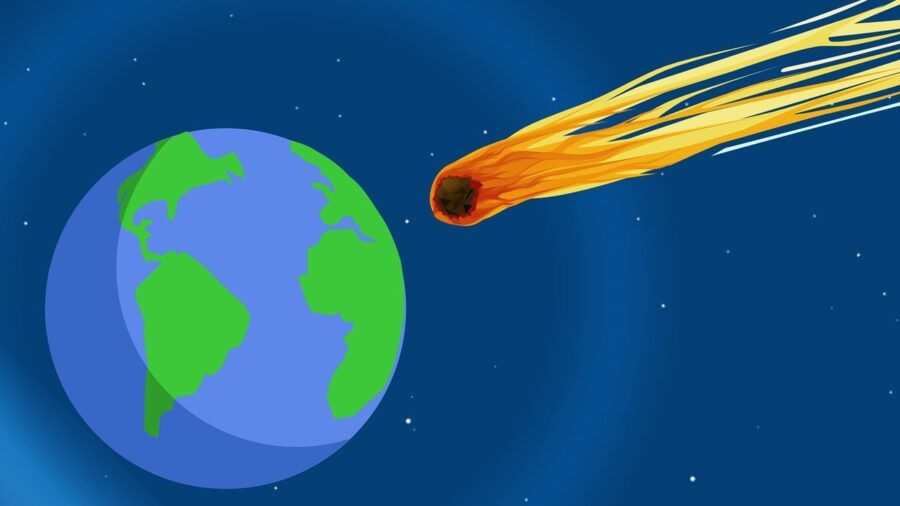
Asteroids and comets have traditionally been seen as destructive forces that hinder the development of life. However, recent data and observations (as detailed in the new study) highlight the positive impact of these celestial collisions. Asteroid and comet impacts are as natural as rain, although they happened much more often when the solar system was young.
Scientists believe that stray objects or fragments from earlier collisions may have brought water and organic molecules to Earth, which could have played a role in the development of life. Additionally, asteroids and comets may contain valuable resources that could be used on Earth and even to advance space exploration.
Asteroids Remain A Potential Threat
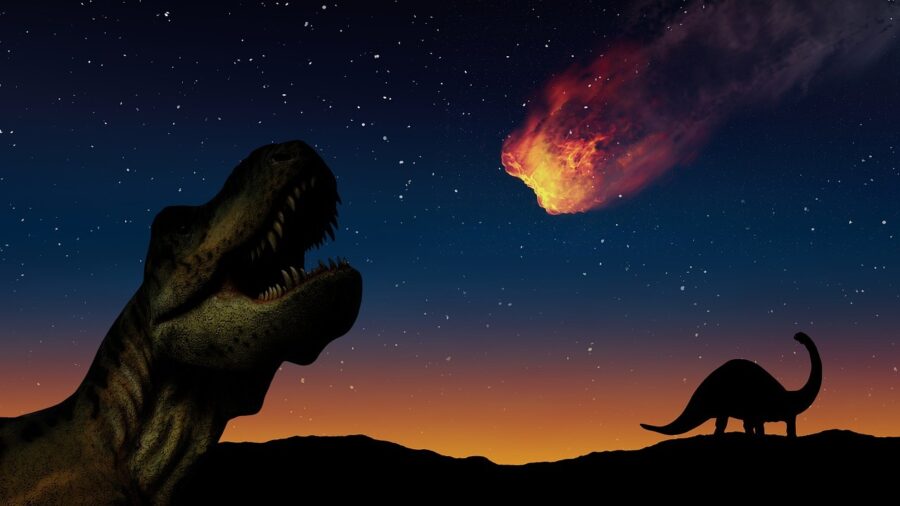
For now, there is no clear evidence that asteroid and comet impacts have led to the formation of new species. While these celestial collisions have played a crucial role in building up the planets, some impacts have led to mass extinctions, such as the extinction of the dinosaurs. Since some asteroids can pose a threat to Earth, it is essential to find out more about them to better understand their volatility or usefulness.
Source: EurekAlert












